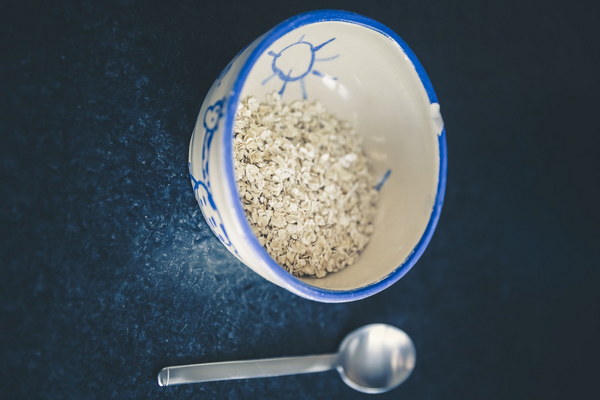Nourishing the Body The Health Benefits of Seafood in Aquaculture
In recent years, the health benefits of seafood have been increasingly recognized by health experts and nutritionists. Seafood, particularly those from aquaculture, offers a plethora of health benefits that can contribute to a well-balanced diet. This article delves into the nutritional advantages of seafood in aquaculture and highlights the importance of incorporating these aquatic treasures into our daily meals.
1. Rich in Essential Nutrients
Seafood in aquaculture is an excellent source of essential nutrients, such as protein, omega-3 fatty acids, vitamins, and minerals. These nutrients play a vital role in maintaining our overall health and well-being.
a. Protein: Seafood is a lean source of protein, making it an ideal food for individuals looking to build and maintain muscle mass. Proteins are also essential for tissue repair, enzyme production, and immune function.
b. Omega-3 Fatty Acids: Omega-3 fatty acids, found in abundance in seafood, are known for their heart-healthy properties. They can help reduce the risk of heart disease, lower blood pressure, and improve cognitive function.

c. Vitamins: Seafood is rich in vitamins such as vitamin D, B12, and A. These vitamins play a crucial role in bone health, nerve function, and immune system support.
d. Minerals: Seafood is a good source of minerals like iodine, selenium, and zinc. These minerals are essential for thyroid function, DNA synthesis, and immune system support.
2. Heart-Healthy Benefits
Seafood in aquaculture has been shown to have numerous heart-healthy benefits. The high levels of omega-3 fatty acids, along with the presence of other beneficial nutrients, can contribute to a reduced risk of heart disease and stroke.
a. Lower Blood Pressure: Omega-3 fatty acids have been found to help lower blood pressure, making seafood a heart-healthy choice for individuals with hypertension.
b. Reduced Risk of Heart Disease: The presence of omega-3 fatty acids in seafood can help reduce the risk of heart disease by lowering triglyceride levels, reducing inflammation, and preventing the formation of blood clots.
c. Improved Heart Health: Regular consumption of seafood can lead to better heart health, as it helps maintain a healthy heart rate, improves blood vessel function, and reduces the risk of arrhythmias.
3. Brain and Cognitive Benefits
Seafood in aquaculture is not only beneficial for heart health but also for brain function and cognitive development. The omega-3 fatty acids found in seafood play a crucial role in brain health, particularly during the development of the nervous system in children.
a. Improved Cognitive Function: Omega-3 fatty acids have been shown to improve cognitive function, including memory, attention, and processing speed.
b. Reduced Risk of Neurodegenerative Diseases: The presence of omega-3 fatty acids in seafood has been linked to a reduced risk of neurodegenerative diseases, such as Alzheimer's and Parkinson's disease.
c. Development of the Nervous System: Omega-3 fatty acids are essential for the development of the nervous system in children, contributing to cognitive and motor development.
4. Weight Management
Seafood in aquaculture is low in calories and high in protein, making it an excellent choice for individuals looking to maintain a healthy weight or manage their weight. The high protein content helps keep you feeling full and satisfied, reducing the likelihood of overeating.
a. Lean Protein: Seafood provides lean protein, which helps in muscle repair and maintenance, and can aid in weight management.
b. Low in Calories: Seafood is generally low in calories, making it an ideal food for those looking to control their calorie intake.
In conclusion, incorporating seafood from aquaculture into your diet can offer numerous health benefits. From essential nutrients and heart-healthy properties to brain and cognitive benefits, seafood is a valuable addition to any well-balanced diet. By understanding the nutritional advantages of seafood in aquaculture, individuals can make informed decisions about their dietary choices, leading to improved health and well-being.









